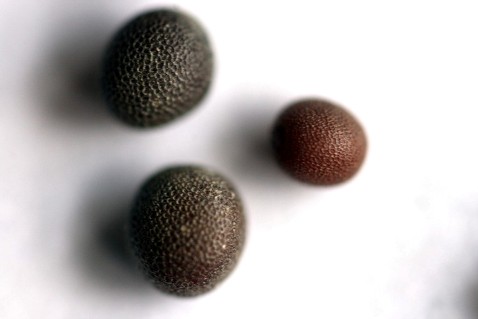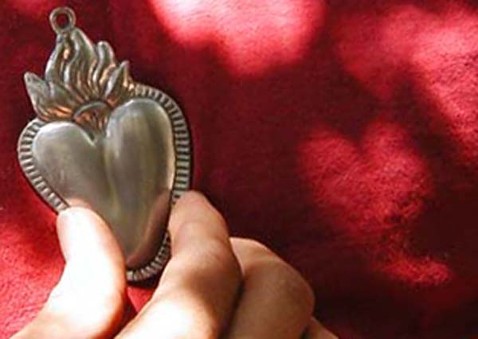Hug Thyself
/The other day in the car my preset was broadcasting a program which I sometimes find interesting, but this week according to the host was about "loving yourself." And woah, for me that screams touchy feely and sounds as enticing as root canal. So I found some angry music to hum to instead, but on the way home grew weary of heavy bass lines and forgot about the lurve fest and clicked back through just as the host was asking the guest to explain the difference between self-pity and self-compassion. She paused, had to figure out which definition to chew through first, landed on self-compassion, and finally blurted out something to the effect of:
Look, everyone hurts. Everyone experiences hurt. Everyone suffers.
(I'm paraphrasing pretty heavily, but some of these catch phrases are not mine.)
The words flitted out while my fingers twitched on the dial. Self compassion respects a common humanity, and the idea that life is difficult for everyone . . . It's not self-focused, it assumes we're interconnected. . . Suffering is part of the human experience, this IS normal, everyone experiences suffering.
Ultimately this should feel better than self pity because it means we're not alone.
Huh.
I don't toe that line very often anymore, the pity party one, with the self-absorbed balloons and memememe cupcakes (hey, I'll cry if I want to), but if I get close it usually doesn't take much to pull me back far away from the line with a sharp slap to the face.
It's all but impossible to stay wrapped in my bitter cocoon during a week like this, with a disaster of one sort, followed quickly by one of another, followed immediately by yet a third uncontemplated -- all upon one population. It makes me realize how lowly and small my place is, and how contained my problems. The losses there are so massive as to be unbelievable, unfathomable. How the earth could move and then the sea could rise and make so many disappear within minutes is the stuff of fiction and space ships, not here, not on earth, where we watch television and twitter and eat chocolate and drive to the grocery store listening to the radio chatter about giving yourself hugs.
Sometimes it's hard to watch this hurt, to listen to people talk about how within minutes life changed forever. I realize I told a similar story once, but now I feel nothing but sympathy: that control I thought I lost? I had both hands on the wheel compared to this, not to mention afterwards I got to retreat to my nice warm home while they're talking from a tent without water or food or family. With the threat of nuclear meltdown to boot. I wonder if what I felt was really pain at all.
When I hear of a new babyloss blog I try and find the time to go and leave a comment, and 99 times out of 100 I say, "You're not alone." It's not much, but I hope the message conveys. I remember feeling so bereft, so completely alone, as if I was the only person living on earth to ever undergo the freakiest of freakshows that ever freaked. But here this lady is saying what I now know to be true: not freaky at all, not remotely. If Japan had a blog, this week I'd say, "You're not alone." None of us are. I just hope they hear me and know how sincerely I mean it.
+++
Writers use simile, it's a fact of life like taxes and death. And when writers are trying to describe something that's happened to them, but not to many others -- like say, the death of an infant -- that hurt like a motherfucker and changed their universe in the blink of an eye, they grasp at any metaphor, any simile, any analogy to try and explain their pain. I know I'm guilty, I've compared Maddy dying to a car wreck, I've discussed being stabbed in the heart, I've described the earth shifting under my feet, I'm sure I've even spoken of feeling flooded or even waves. Tidal waves.
And this week I feel like an idiot because it's abundantly clear just looking at the headlines that I know nothing of feeling the earth move or the rush of a wave as high as a building crashing over my head.
Perhaps I shouldn't make comparisons to things I don't know about; losing Maddy was like hell I write, but I know nothing of that other than what I picked up in Inferno. (Although, if it does exist, I am headed there. And will let you know as soon as I adjust to the lighting. Call me!) Am I doing a disservice to excrement saying I felt like shit? I do know that I will pause before I speak of the auto accidents and volcanic ash and post traumatic stress disorder because maybe . . . maybe it wasn't like that at all.
+++
The other thing the guest lady on this radio program said before I moved on down the dial for something more uptempo was that in order to even begin to understand something like what happened in Japan, you need to be compassionate with yourself. You need to acknowledge that it will hurt, that it's difficult to read about and adjust to, be kind to yourself as you abide with other's pain. And I wondered, as I clicked away, about all the people who failed to even attempt to understand us: who just moved on, and ignored it, and forgot it, and refused to talk about it. The people who thought they were insulating themselves against our deadbaby juju by stepping a good ten feet away and using hand sanitizer. The people who thought our lives were "too negative!" and they were doing them-positivity-selves a favor by not reaching out into the morass.
But maybe this woman is right, and these people couldn't muster up enough kindness for themselves to open the door to someone else's hurt. I'm not sure I have enough self-compassion to feel sorry for them, but it did make me think about them, even for just a few minutes. I realized we aren't the pity parties, they are. They're the self-absorbed ones, who blather on about wallowing and moving on. We're not the one's who are alone, they are. We're the normal, the ones with suffering, they're in denial. The people who can sit and be with us and our pain? Are truly good to themselves and understand compassion and its interconnectedness -- probably to such an extent that it's interwoven and unconscious. I should probably strive to be one of these people. I owe them so much.
It also means, if this radio chick is right, that by reaching out to others in our situation, by stepping outside of ourselves for even a few minutes online, that we've done this first step of being good to ourselves. It's funny to think that I may actually be more gentle on myself after my baby died; here I gained a ton of weight I couldn't lose, and now swear uncontrollably and grew more cynical, and bleed bitter out of my eyeballs . . . . but maybe I did. Maybe we all did. Our interconnectedness -- if this radio chick is right -- proves it.
Good for us. /pats cyber self on back
Do you ever trip over the line into self-pity? (It's ok, I'm sure I did.) How do you pull yourself back? Do you experience self-compassion -- that is, do you feel some connection with others in your suffering? How about in their suffering? Are you good to yourself? Or does the whole "be good to you!" conversation give you the heeby jeebies?




